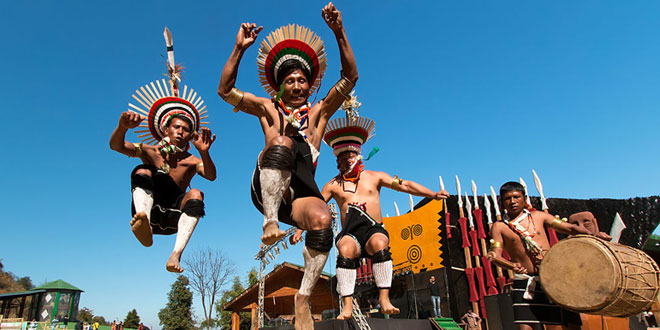Question: The tribals were ‘people of the forest’. Explain this statement.
Answer: The tribals were dependent on the forest for all their needs. Most of them lived by hunting and gathering forest produce. They collected fruits, roots, honey and medicinal herbs from the forest. They either consumed these products themselves or sold them in the local market. When a forest was no longer able to supply their needs, they generally moved to another forest. So they were essentially ‘People of the forest’.
Question: What were the grievances of the tribals against the British?
Answer: The grievances of the tribal against the British were:
- The company took over the land cultivated by the tribal making them landless, they were forced to become wage laboures and grow cash crop. They were paid very low wages.
- Some groups were allowed to retain their land but on the condition that they would pay revenue to the Company. The revenue fixed was very high and collection methods were strict. When they ere unable to pay revenue they were evicted from their land.
- Many tribal were forced to become settled agriculturists and pay a fixed revenue so that Company gets a regular source of Income and monitor them easily.
- Forests were declared State property and restrictions were imposed on the collection of forest produce, cultivation and so on. In some parts tribal were not allowed to stay in the forest.
Question: Discuss the role of tribal chiefs under the British.
Answer: Under the British, tribal chiefs lost all their authority and became mere agents of the British masters as well as control their own people. They also had to follow the laws made by the British and pay them tributes. This infuriated the tribal.
Question: Why were the British supprening the tribal the tribal uprising easily?
Answer: The British succeeded in suppressing the tribal uprising easily because:
- The tribal were poorly equipped in terms of weapons. They used traditional weapons like bow and arrow and swords. There were no match for the advanced weaponry of the British like guns and cannons.
- The tribal armies were much smaller than British armies and were easily outnumbered.
- The tribal armies were poorly organised and there were few tribal leaders who were well versed in matter of military tactics. In contrast, the British armies were led by professional soldiers and soldiers and were well organized.
Question: What problems did shifting cultivators face under British rule?
Answer: Problems faced by shifting cultivators under British rule:
- They had to give up their traditional way of life.
- They started to lead the life of settled peasants.
- They had to pay regular land revenue to the British Governments or to its agents.
- Their land was measured and their rights were defined.
- Some of them were declared landlords others became only tenants.
- The tenants were to pay the rent to the landlords (owners) who in turn pay revenue to the state.
- The cultivators felt scarcity of water in certain places particularly where the soil was dried.
- Since the land of the Jhum cultivators did not produce good yields, therefore in worth cast some tribal people continued with their traditional practice. They took banner of revolt against the Britishers and forced the British officials to carry on the shifting cultivation part of the forest.
 Class Notes NCERT Solutions for CBSE Students
Class Notes NCERT Solutions for CBSE Students



Thank you for helping it made my worksheet easy!
THANK YOU….
Thanks for the answers this made my home assignment easy.